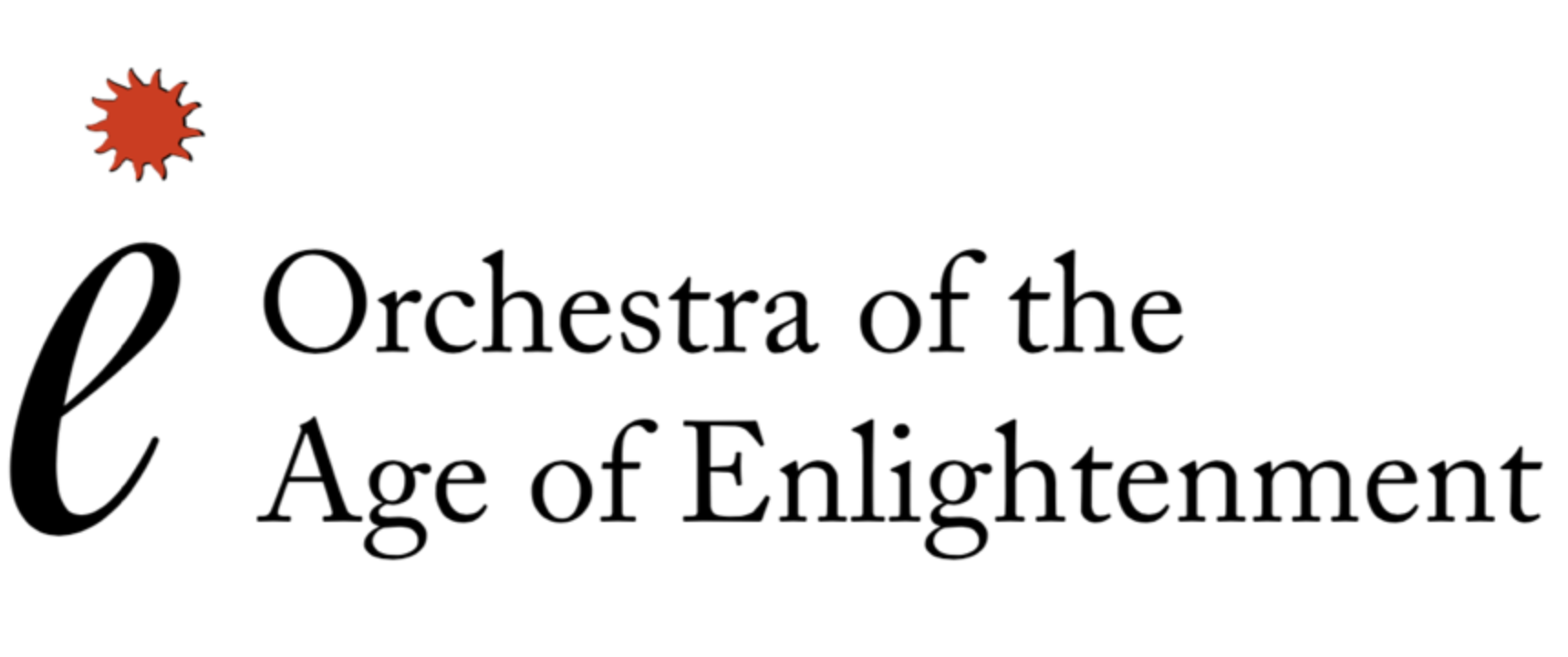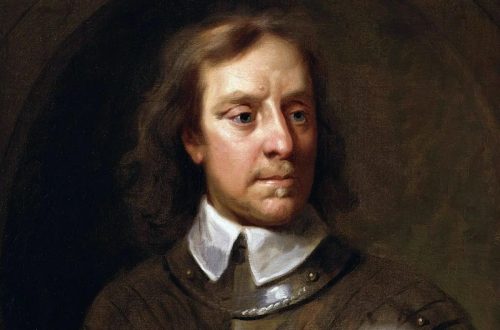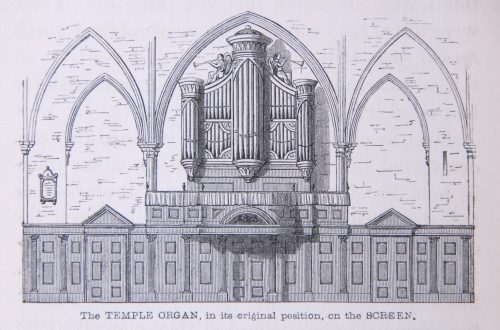Op, op, opera 1 October 2021
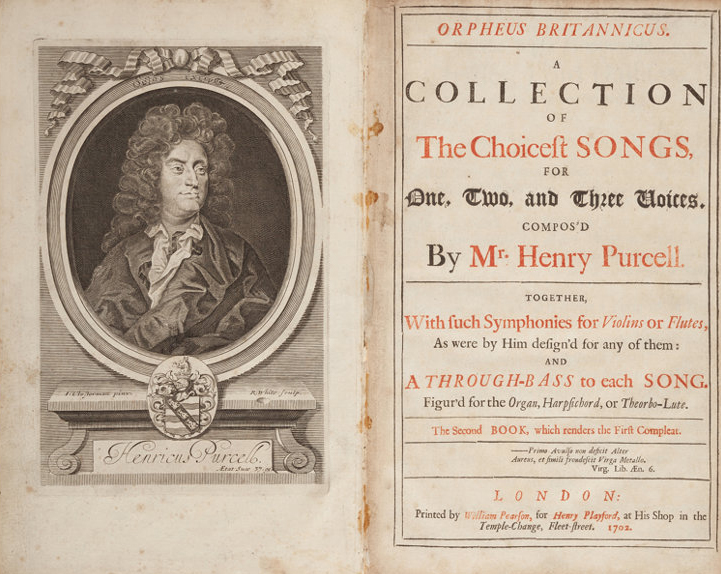
What makes an opera? According to Dryden’s preface to Albion and Albenius it is “a poetical tale or fiction, represented by vocal and instrumental music, adorned with scenes, machines and dancing”. So, when did it start in Britain? Let’s find out.
As a friend of the OAE, I’ve been asked to write a few words about the forthcoming concert Restoration Music which Principal Keyboard Steven Devine has developed. It’s a programme of unfairly overlooked music from the seventeenth century which is when the first English opera is deemed to have been written. In two previous pieces I’ve looked at the aftermath of the austerity of the Commonwealth and the influence of two composers Draghi and Grabu imported from the continent to spice up the English music scene to the taste of Charles II newly returned from exile in Europe.
"After eighteen years of closed theatres the public’s appetite for dramatic entertainment was huge."
After eighteen years of closed theatres the public’s appetite for dramatic entertainment was huge. Fortunately, the new king’s appetite for drama, music, science – and women – was its equal and public venues were once more filled with the sound of music. Composers of the time continued to write many works for church performance but Steven’s discoveries focus on secular music from the Italian Draghi, the Catalan/French Grabu and their English contemporaries John Blow and Henry Purcell. History has made Purcell the greatest of these and perhaps one of England’s greatest ever composers. John Blow certainly thought so as he gave up his job as organist at Westminster Abbey to Purcell only to take it back again after Purcell’s death.
Before the restoration, music in theatres had been largely in the form of songs and incidental music interspersed in spoken-word performances along with the occasional dance. But Charles was keen to establish Italian and French opera styles he’d enjoyed during his exile, hence his inducements for Draghi and Grabu to come to England shortly after his own return.
And it was Blow who is generally considered as producing England’s first opera with Venus and Adonis in 1687 although, as preserved in later editions, he called it A Masque. It was a stage play by Aphra Behn, not the first female playwright but the most prolific of the era. Venus and Adonis is the earliest surviving dramatic work in English where the entire text is set to music without any spoken dialogue or other entertainments thus justifying its claim as Britain’s first opera.
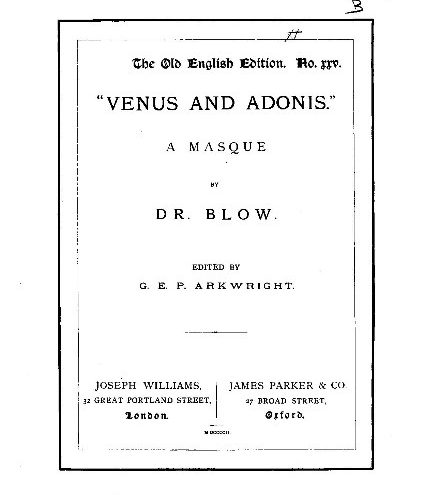 "It was Blow who is generally considered as producing England’s first opera with Venus and Adonis in 1687."
"It was Blow who is generally considered as producing England’s first opera with Venus and Adonis in 1687."
Purcell’s much later 1689 effort Dido and Aeneas has remained the staple of English Baroque opera. It is clear that Purcell watched carefully what Grabu was up to in Albion and incorporated some of its elements into his own work for example in the expanded accompaniment and dramatic vocal lines.
But because Steven Devine is out to deliver discoveries to us, we don’t hear from these two relatively well–known works but from more obscure but, in his view and now mine, equally important offerings. In the Dialogue between Thyrsis and Daphne the couple look destined for divorce in the opening exchanges only for Thyrsis to be forgiven and we hear them united in a fabulous final round. Worthy of any opera. We also have the treat of You say tis Love another anguished duet exploring the painful nature of true love before a rapturous ending. There are a couple of orchestral pieces that might just strike a chord in your memories with a ‘Oh, that’s where that comes from!’.
John Blow concludes the concert with an eloquent ground which begins in languid flowing mode before an animated central passage and a calm resolution. The two vocal pieces demonstrate his huge versality. As on Septimus’ breast is a gently meandering duet while ‘Sing Ye Muses’ is a rollicking choral piece that will bring the house down.
The works of these two were collected in major posthumous compilations Purcell’s Orpheus Britannicus which contained songs many of which were originally written for the theatre was issued in two volumes in 1698 and 1702.
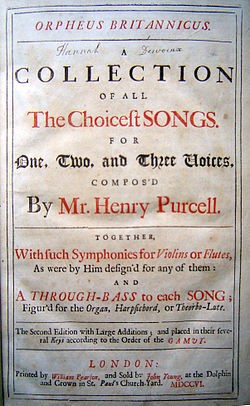 "The works of these two were collected in major posthumous compilations Purcell’s Orpheus Britannicus"
"The works of these two were collected in major posthumous compilations Purcell’s Orpheus Britannicus"
Blow’s songs were collected in Amphion Anglicus which appeared in 1700 for which ‘Sing Ye Muses’ is the fitting conclusion.
That we can once again hear this excellent music together in a concert hall will, I think, give us the same sense of joy that the Restoration audiences felt after their even longer lockdown. So come and hear it for yourselves and leave King’s Place with a lighter heart and some new tuneful earworms.
Restoration Music
King’s Place 13 October 2021 20:00
Click here to book tickets.
